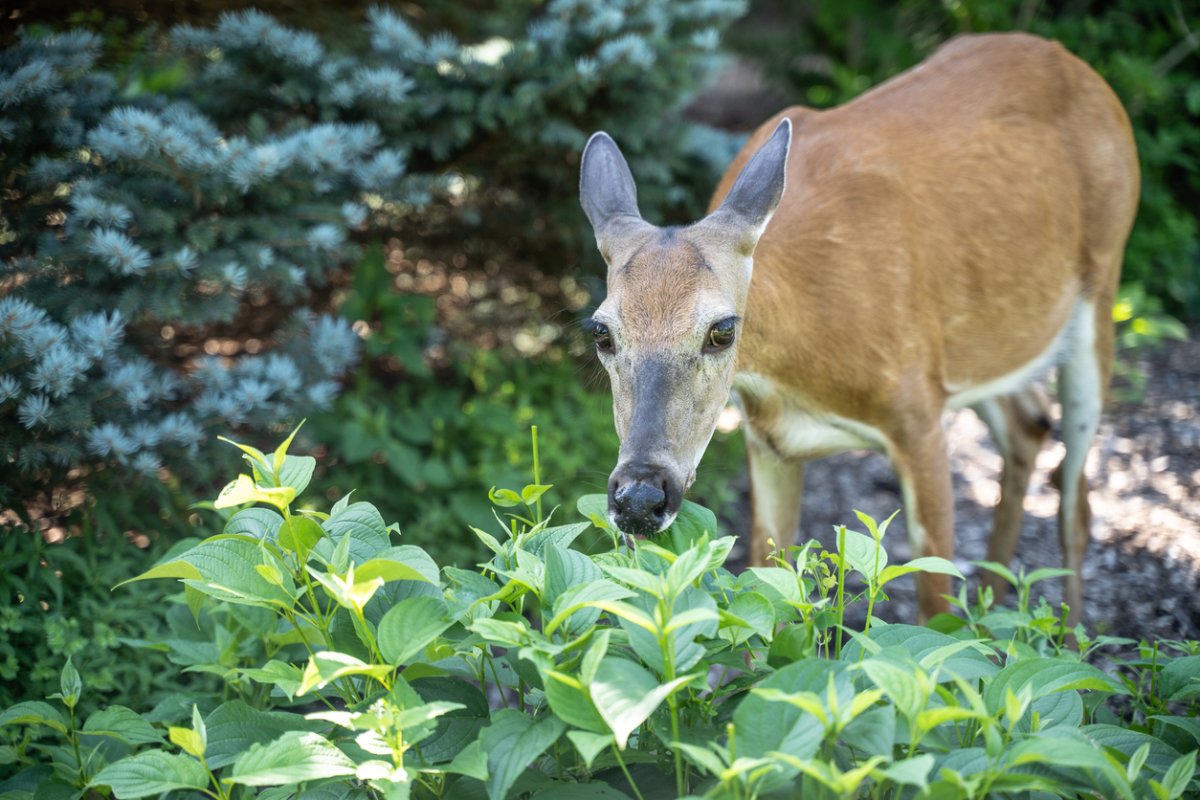

We may earn revenue from the products available on this page and participate in affiliate programs. Learn More ›
As a gardener, you know how frustrating it is to put hours into your plot only to see it ravaged by pests. Every garden has its nemesis: aphids, slugs, raccoons, rabbits, deer, or otherwise. If you’re struggling with outdoor pests but don’t want to add poisonous chemicals to your garden beds, it might be time to reinforce your defenses with the power of smell.
Depending on the pest, there are a number of methods to encourage them to scoot. If returning intruders have grown wise to your floodlights and noisemakers, there are scents you can try adding to your garden. It’s a more natural approach than traditional pesticides and repellents, and you likely have many of the pest deterrents below in your home already.
RELATED: Pests, Be Gone! 11 Natural Ways to Make Your Home Critter-Free
Irish Spring Soap

Bar soap can be used for more than just washing: Animals like chipmunks, mice, rabbits, and deer have a great sense of smell, and they seem to really abhor the scent of Irish Spring bar soap in particular.
To use it in your garden, cut the soap bar into cubes and place them inside drawstring pouches (old pantyhose legs work fine, too). Then, hang the pouches from wooden sticks around the garden. The bigger your pests, the more Irish Spring you’ll need.
Mint
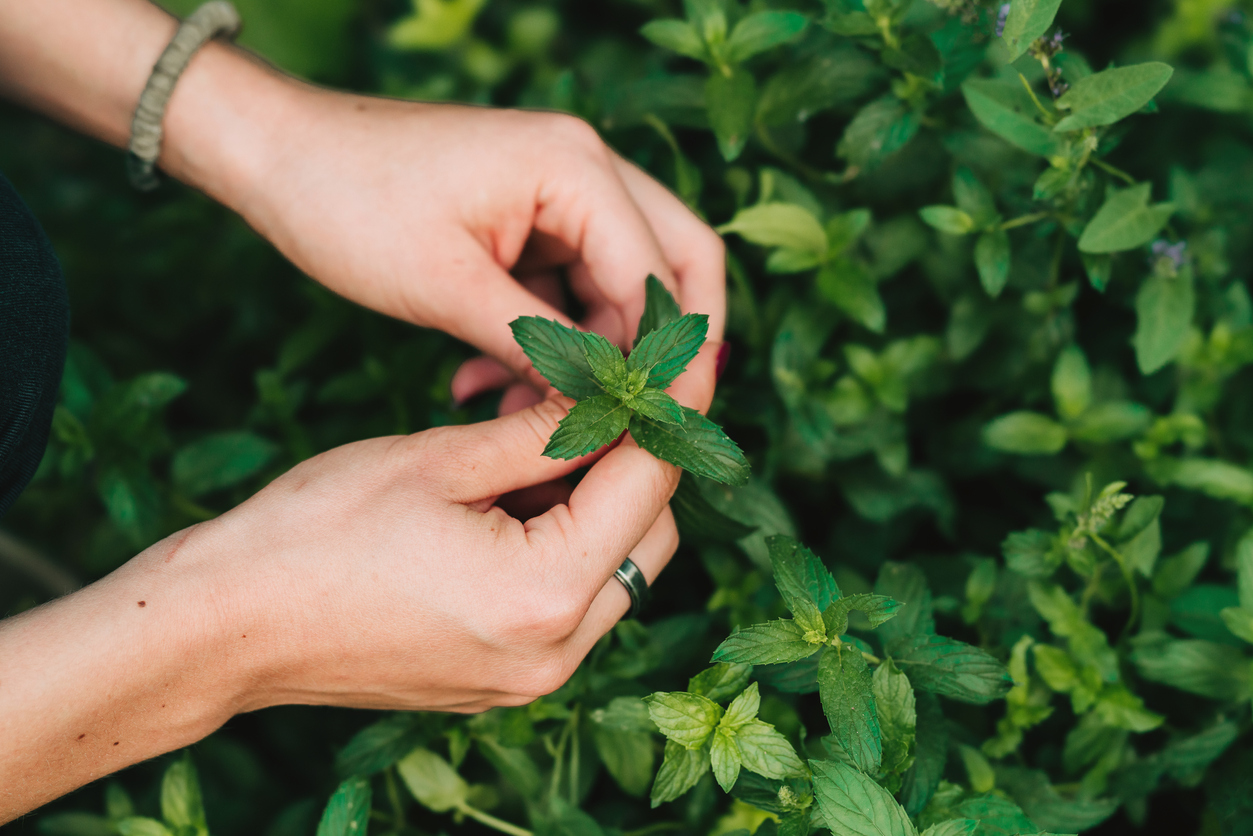
While people consider mint a refreshing and energizing scent, insects and deer hate it. When choosing which type of mint to use in your yard, stick to the Mentha genus. Peppermint (M. piperita) and spearmint (M. spicata) generally have the most potent aromas.
Mint is a versatile scent for the garden, and there are several ways to leverage its anti-pest properties. You can incorporate mint plants right into your garden, either around the perimeter, tucked next to pest-attracting plants, or (if you fear a mint takeover) in containers. If there’s no more room for planting, spray peppermint essential oil on rocks, fence posts, or other nearby surfaces, or leave mint tea bags around the garden.
Cayenne Pepper
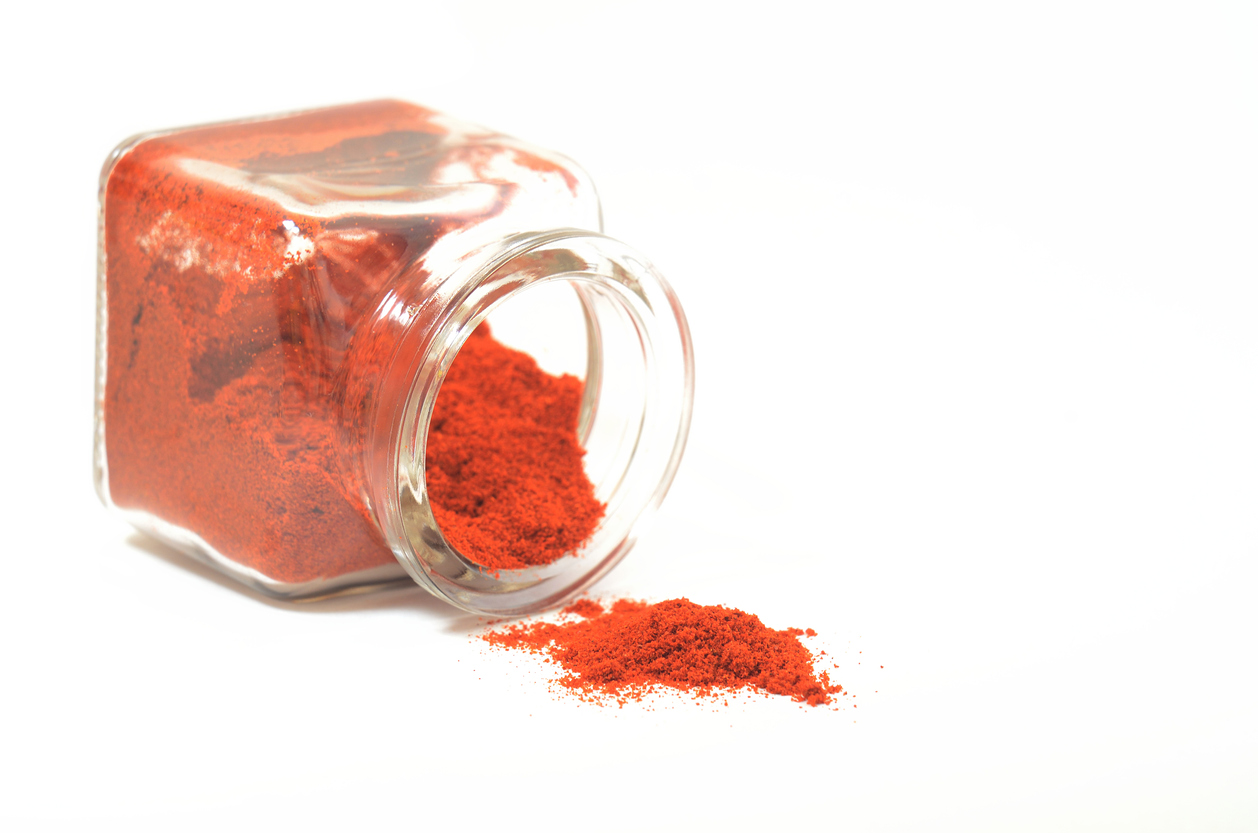
Squirrels, raccoons, and even bears are not fans of the spicy stuff. If these pests take a bite of anything that’s been spritzed with a hot pepper spray, they quickly learn to stay away from it.
You can make cayenne spray using 1 tablespoon of cayenne pepper for every 1 cup of water. Mix the ingredients together, transfer them to a saucepan or pot, and bring the mixture to a boil on the stove. Reduce heat and simmer for 30 minutes. Strain out any solids from the mixture and pour the remaining liquid into a glass spray bottle. (Be sure to label it to avoid any unfortunate mix-ups!) Spray your plants and trees from top to bottom to keep unsuspecting pests at bay.
Rotten Eggs
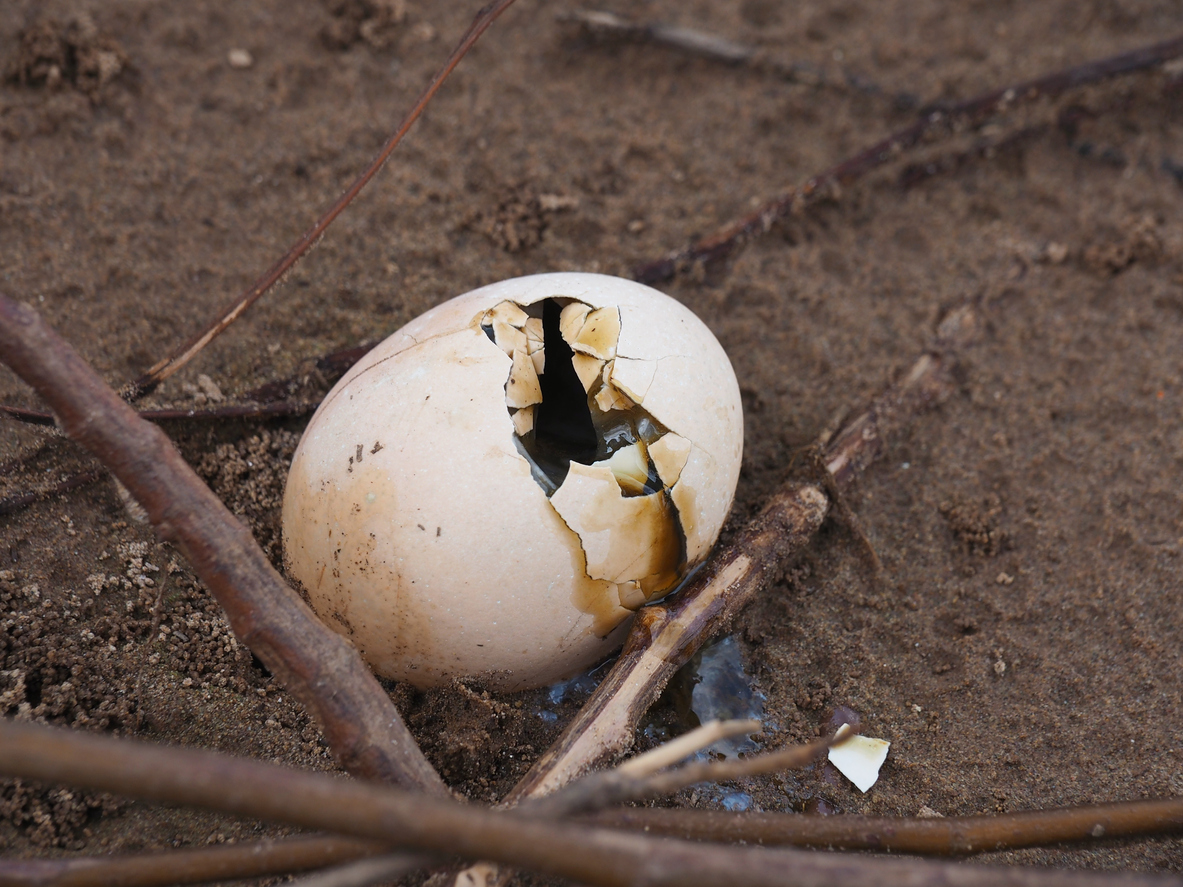
You probably don’t enjoy the sulfuric smell of rotten eggs, and other animals with heightened senses of smell, such as deer, are right there with you. Believe it or not, the EPA registered putrescent egg solids (aka rotten eggs) as an animal repellant back in 1975. Add a little garlic oil and a dash of vinegar to expired eggs, slice or dice them, and sprinkle the concoction around your garden beds to produce a smelly—albeit effective—pest deterrent.
Human or Pet Hair
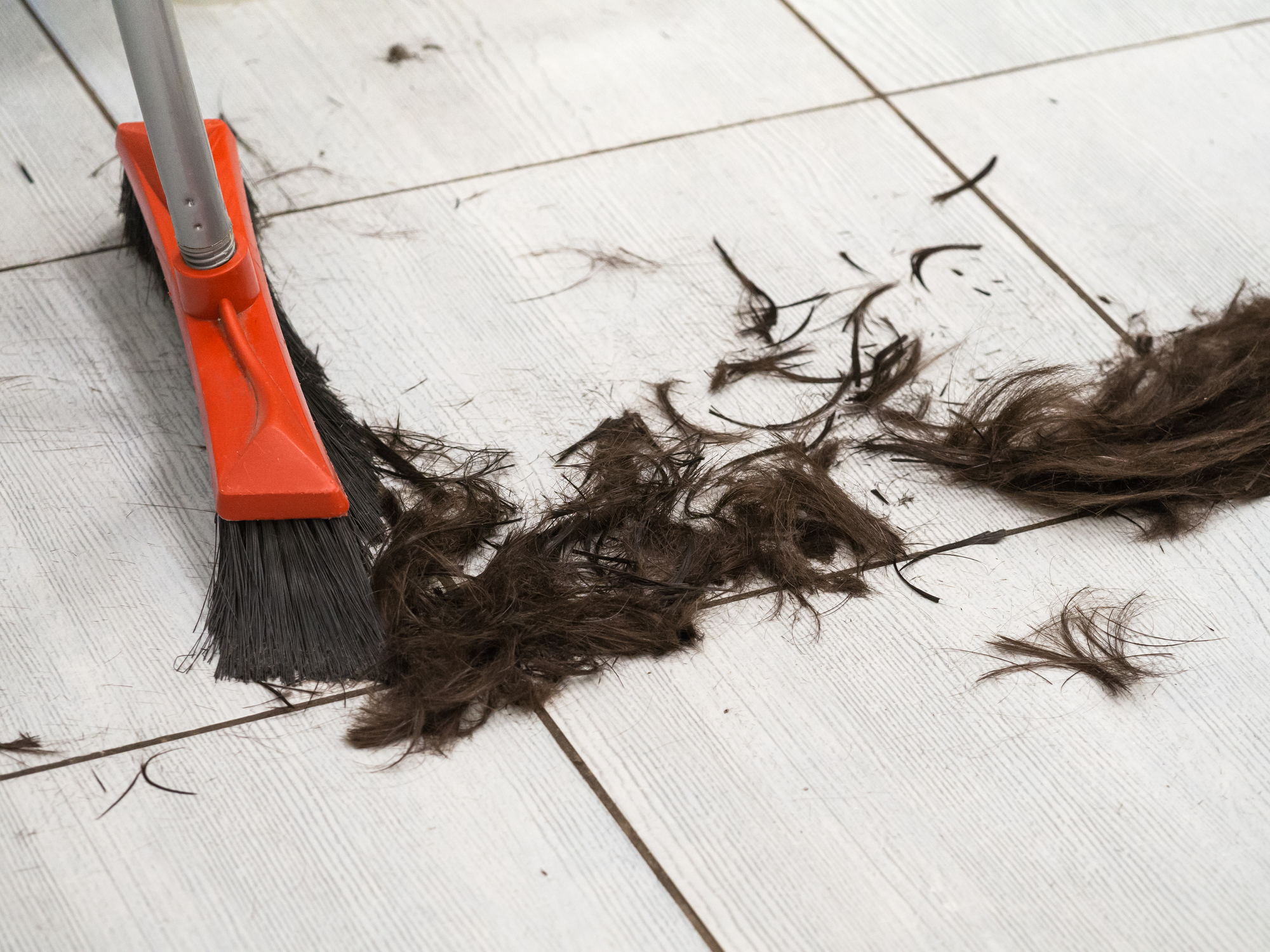
A perceived predator is enough to keep some pests away from the garden, and they’ll venture elsewhere to find their plants and veggies. The odor of unwashed human or pet hair can persuade prey animals like deer, rabbits, and snails from ruining your garden bed. Unfortunately, some shampoos can actually attract pests, which is why using unwashed hair is best.
Gather hair up from your hairbrush, pet brush, or even ask your hair salon for their trimmings. You can scatter hair loose in the soil, or stuff it inside stockings and place them in and around your plants. Just remember to leave more hair around after a wind or rainstorm to boost the scent.
RELATED: 8 Reasons Not to Use Pesticides in Your Yard and Garden
Coffee
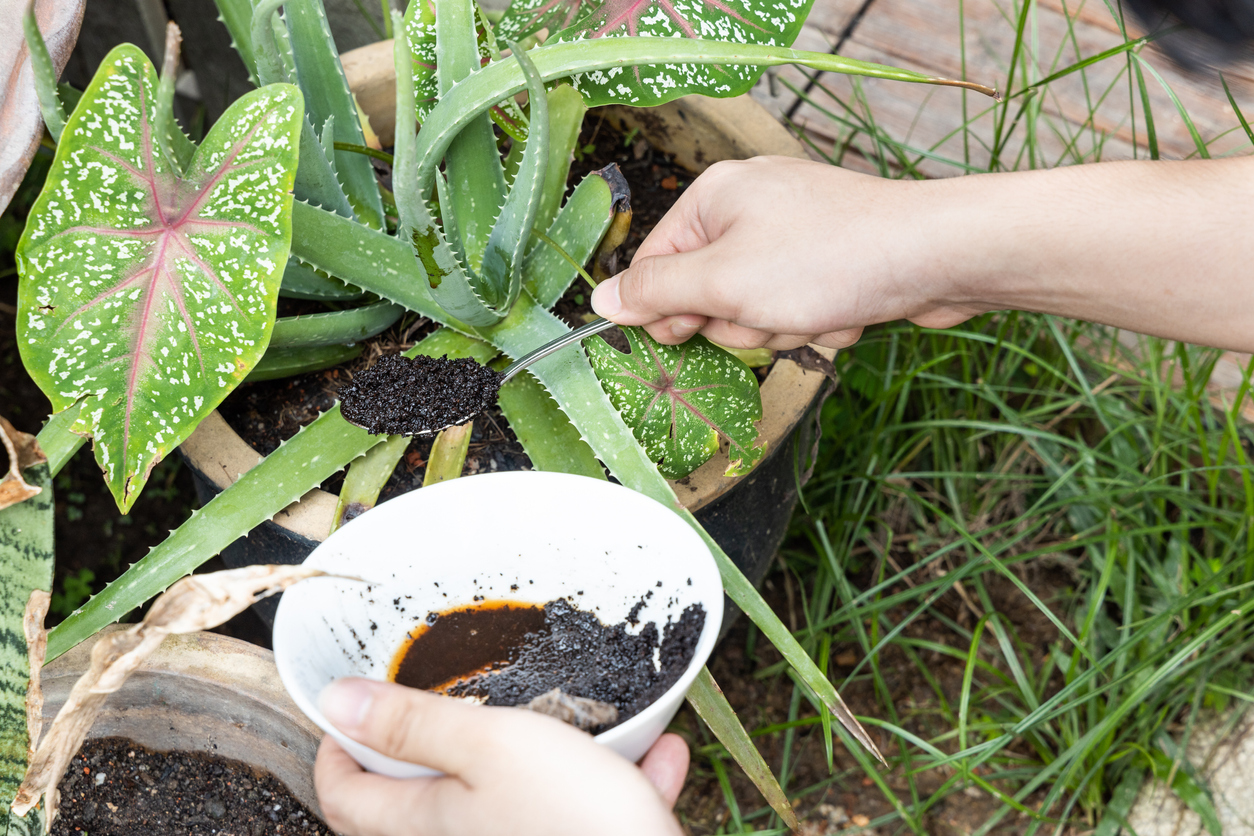
It’s a real pick-me-up for people, but the smell of coffee repels slugs. Instead of chucking your used coffee grounds into a compost bin, you can sprinkle it on your garden soil. Fresh coffee grounds work even better. Whichever you use, rain can dilute the coffee smell, so you will need to reapply the grounds often. Another benefit is that coffee is nutritious for some types of soil. However, don’t overdo the layer of grounds, especially if your soil is already acidic.
Marigolds
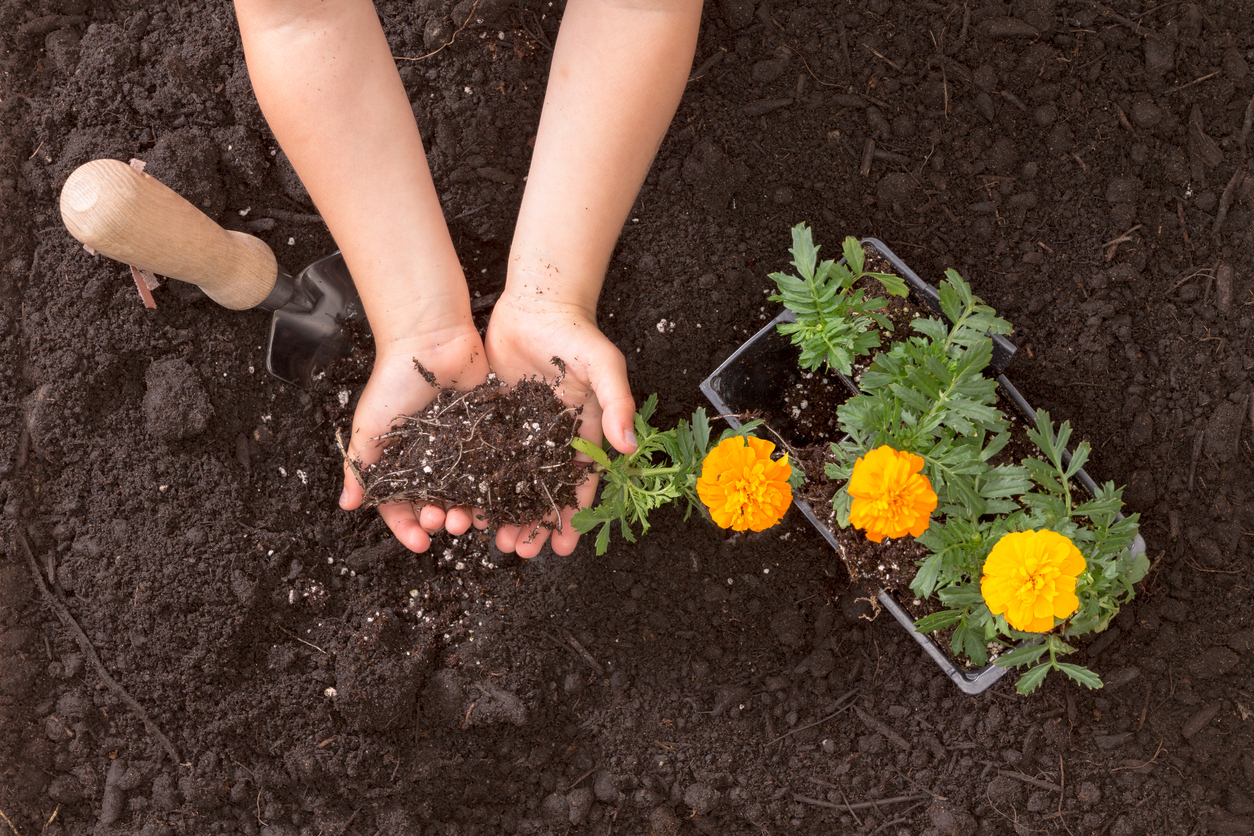
Marigolds have an extremely strong scent that mosquitos, plant lice, aphids, rodents, deer, and even some humans dislike. Take advantage of this by planting marigolds around the perimeter of your garden bed, or mix the flowers in with your existing garden plants to repel eager pests from consuming the plants that they prefer. To properly grow marigolds, they need a fair amount of sun, but they’re generally easy to care for.
